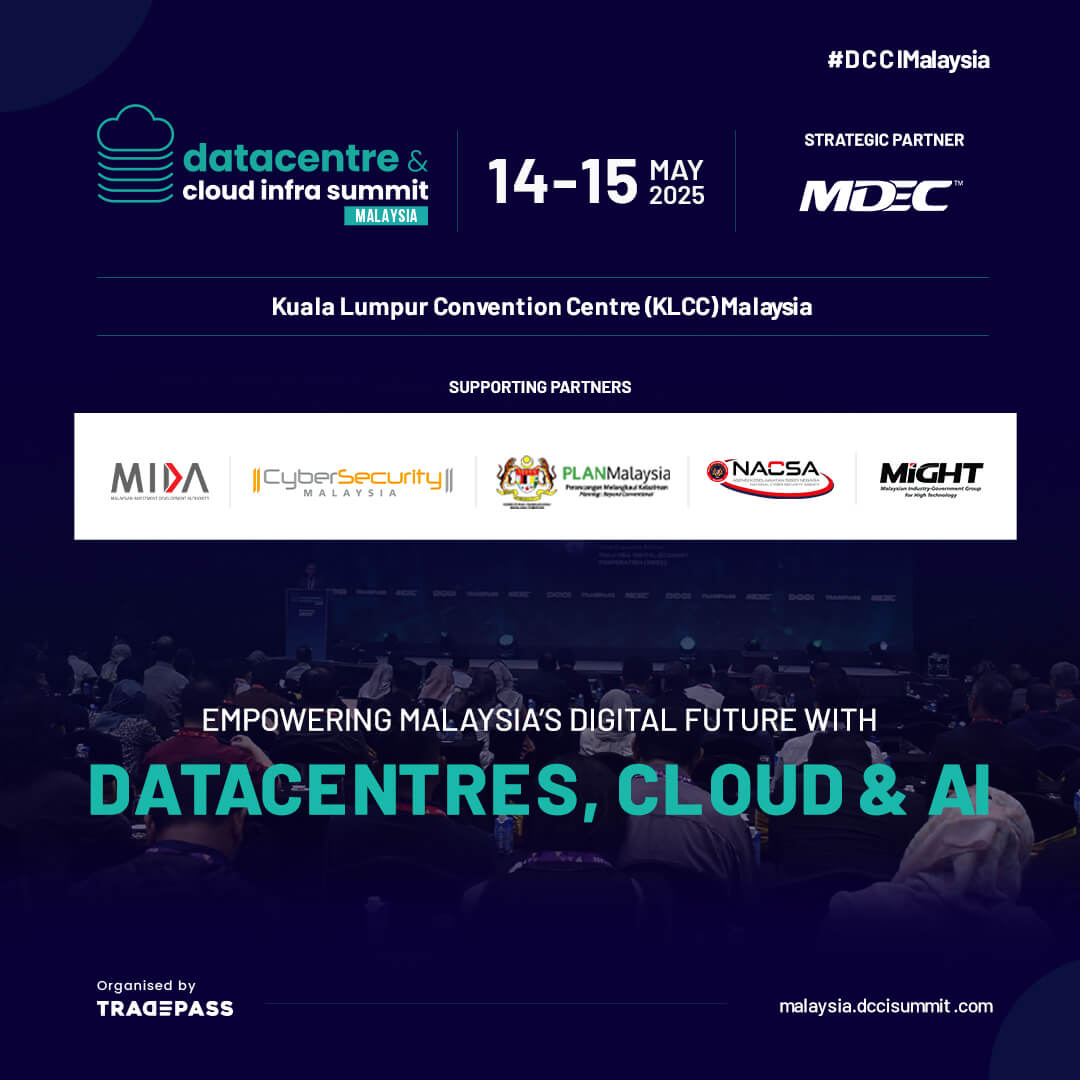Following the P2SK Law, the arrangement of carbon exchange regulation of OJK has gone through a consultation process with Commission Xl of the DPR RI.
Heaptalk, Jakarta — Indonesia’s Financial Service Authority (OJK) has issued OJK Regulation (PJOK) Number 14 of 2023 concerning carbon trading through carbon exchanges. This regulation will become a guideline and reference for carbon trading through the carbon exchange devoted to the market organizers.
In more detail, this POJK carbon exchange is a mandate of Law Number 4 of 2023 concerning the Development and Strengthening of the Financial Sector (UU P2SK), which mandates further regulation of Carbon Trading through this exchange. Following the P2SK Law, the arrangement of this POJK has gone through a consultation process with Commission Xl of the DPR RI.
According to the official press release, the OJK’s representative explained, “This POJK is part of OJK’s efforts to support the government in implementing climate change control programs through reducing greenhouse gas (GHG) emissions. This effort also aligns with Paris Agreement commitments and prepares domestic legal instruments to achieve this GHG emission target.
As well known, the carbon exchange is a market mechanism that regulates trade by bringing together sellers of emission absorption services and buyers to reduce GHG emissions by 29% nationally (NDC) with individual efforts and international support by 41% by 2030.
The critical points in the regulation of the carbon exchange include:
- Carbon exchange organizers must have a minimum paid-up capital of US$6.5 million (around Rp100 billion), and funds are prohibited from originating from loans.
- Carbon exchange actors must have a business license from OJK.
- Shareholders, members of the Board of Directors, and members of the Board of Commissioners of the Carbon Exchange Organizer must meet the requirements set by OJK.
- Carbon units traded through the carbon exchange are Securities and must be registered in the National Registry System for Climate Change Control (SRN-PPI) and Carbon Exchange Operators.
- OJK will carry out supervision on the carbon exchange, such as supervising carbon exchange organizers, carbon trading supporting market infrastructure, carbon exchange service users, transactions and settlement of carbon unit transactions, carbon trading governance, risk management, parties, products, and related activities by trading carbon through this exchange, and consumer protection.
- Carbon exchange organizers can perform other activities and develop carbon unit-based products after obtaining OJK approval.
Regarding Indonesia’s official carbon exchange organizer, the Chief Executive of the Supervision of Capital Markets, Derivative Finance, and the OJK Carbon Exchange, Inarno Djajadi, said that the OJK and the DPR had yet to decide. According to him, the carbon exchange organizer is open and allows several parties to be the organizers. For this reason, the authority will conduct due diligence on prospective organizers who meet the criteria.
“The availability of a legal basis regarding the requirements and procedures for licensing carbon trading through the exchange is expected to become the foundation for related agencies, carbon exchange organizers, business actors, users of carbon exchange organizer services, and other parties.” OJK’s representative concluded.













